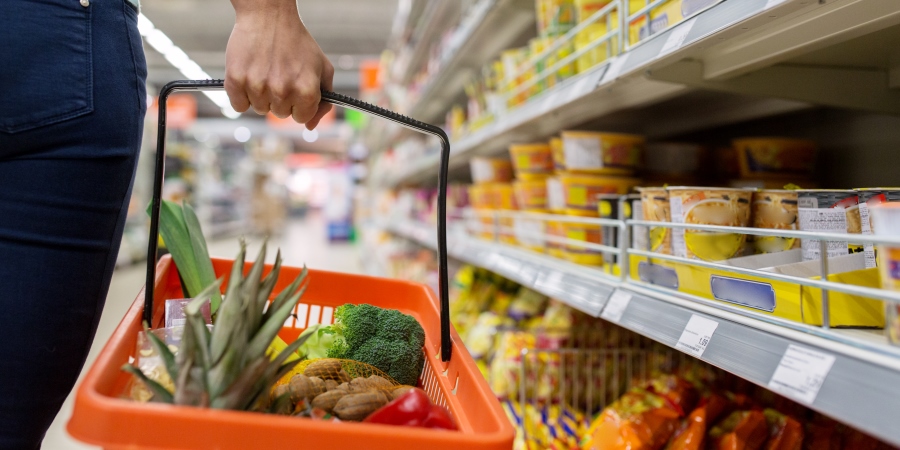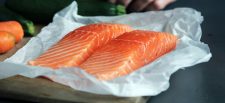The voluntary agreement delivered by sustainability charity WRAP has been extended, with the aim of halving the food and drink industry’s greenhouse gas emissions in the next nine years.
Launched in 2015, the Courtauld Commitment was to run as a 10-year programme designed to help the industry reduce food waste. The agreement’s membership now includes more than 90% of UK food retail as well as food manufacturers, the hospitality and foodservice sector, farmers and growers, redistributors and charities, trade bodies, local authorities, and groups and businesses from across the lifecycle of food.
WRAP claimed that the commitment is already helping the UK food and drink sector to deliver against the UN’s Sustainable Development Goal (SDG) 12.3 to halve food waste. Now, with ‘ambitious changes’ to the Commitment, it will also drive and monitor progress towards net zero targets and convene action on water stewardship in at-risk food sourcing locations.
The core targets of the Courtauld Commitment 2030 have been recast to reflect the extension and expansion of the agreement:
- A 50% absolute reduction in GHG emissions associated with food and drink consumed in the UK by 2030, against a 2015 baseline
- A 50% per capita reduction in food waste by 2030 vs the UK 2007 baseline
- To achieve sustainable water management (quality and quantity) in the top 20 most important product and ingredient sourcing areas in the UK and overseas – covering 50% of product ingredients deemed ‘at risk’ from water insecurity
WRAP said that extending the Courtauld food waste prevention target to 2030, and aligning it with the global target to halve food waste, will mean that:
- UK food waste will be 800,000 tonnes lower in 2030 compared to 2025, saving food worth £2.4 billion a year by 2030 and the equivalent of 1.9 billion meals
- Between 2025 and 2030, the extended and more ambitious food waste target will result in 2,600,000 tonnes (2.6 million tonnes) of food waste being avoided over the five-year period; saving £8 billion of food from being wasted, and the equivalent of 6.2 billion meals.
“Fixing food is vital”
Marcus Gover, WRAP CEO, said “I’m immensely proud of what we’ve achieved under the Courtauld Commitment 2025 during the last five years. But with COP26 fast approaching, the new Courtauld Commitment 2030 has been refreshed to build on this success and meet newer demands of climate action head on. Courtauld has always addressed the most significant sustainability challenges that the sector faces – carbon reduction, improved water stewardship and food waste. Climate change is the biggest threat we all face, and fixing food is vital.
“I believe Courtauld has never been more important as only fundamental change can reset our fragile global food system into a sustainable model that will feed us in the future, and cut greenhouse gas emissions towards net zero.”
Tesco CEO Ken Murphy said: “It is unacceptable that good food goes to waste when there are so many people going hungry. In addition, food waste is responsible for 8% of global greenhouse gas emissions and is a major contributor to loss of biodiversity. We’re helping to address this important issue in lots of ways.
“For many years, we have been working as a part of The Courtauld Commitment to meet UN Sustainable Development Goal Target 12.3 and halve global food waste by 2030. We also know that what gets measured gets managed, so we urge all retailers and suppliers to disclose their levels of waste so we can tackle this issue together in an open and transparent way.”
WRAP has introduced an Associate Membership model to make the benefits of the Courtauld Commitment 2030 accessible to small and medium-sized business. Membership gives access to an online platform with resources to implement strategies towards the core targets on carbon, water stewardship and food waste prevention.









